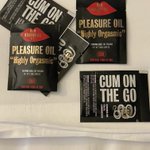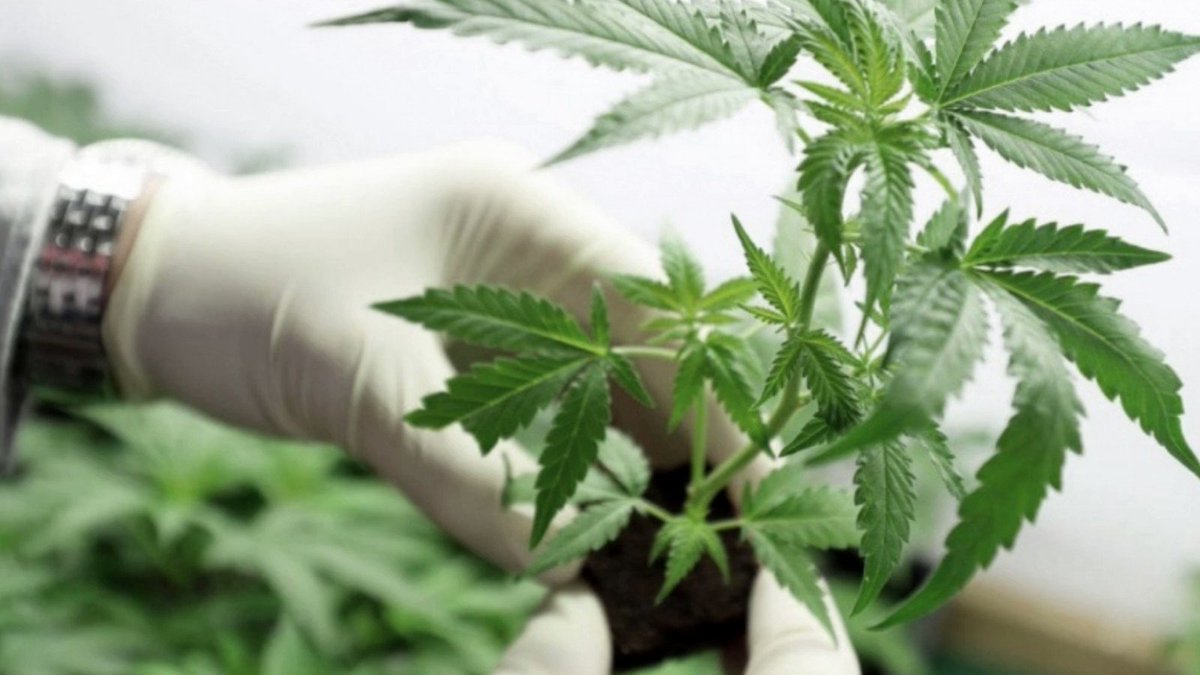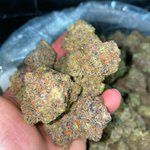
Chronicle Book Review: Bizarro
Rerolled: May 11, 2023 | #STDW
Bizarro: The Surreal Saga of America's Secret War on Synthetic Drugs and the Florida Kingpins It Captured by Jordan S. Rubin (2023, University of California Press,, 267 pp,, $27.95 HB)
[image:1 align:left]Burton Ritchie was the owner of the Psychedelic Shack, a head shop in Pensacola, Florida. In addition to t-shirts and incense and posters and bongs, he also sold synthetic cannabinoids — lab-created chemicals with psychoactive effects, some quite different from those of marijuana — that went by names such as K2 and spice.
With his partner, Ben Galecki, the enterprising entrepreneur decided to get deeper into the profitable action, creating a company to manufacture the stuff in bulk with synthetic cannabinoids manufactured by Chinese chemical companies. Aware that he was skirting the edge of legality after the original compound JWH-018 was federally scheduled, Ritchie quarantined new shipments of different, unregulated synthetic cannabinoids until they had been tested in labs and verified not to be federally banned substances.
A fan of the Superman comic franchise, Ritchie dubbed his product Bizarro and packaged it with a reverse Superman logo in various flavors. (Ritchie would replace the word "flavors," though, with the word "scents" in order to maintain the fiction that the products were "not intended for human consumption," as noted on the label.)
Ritchie and Galecki made a quick fortune with Bizarro and got out of the business as federal heat on the industry heightened. After their Bizarro factory was raided — not because of Bizarro but because neighbors thought it was an illegal pot grow — Ritchie contacted the DEA, provided product samples and invoices to a DEA agent and volunteered to shut the business down immediately on the agent's say so, because, as he said repeatedly, he didn't want to "fight city hall." The agent told them not to worry about it.
But they were still spooked and sold their company. Now, they're sitting in federal prison, doing lengthy sentences for the sale of analogues of banned synthetic cannabinoids. Bizarro tells the story of how they ended up there.
It centers on a bizarre piece of drug war legislation, the Reagan-era Analogues Act, which criminalized the production and distribution of chemical compounds "substantially similar" to already controlled substances. The problem is that "substantially similar" has no defined meaning. It is not a term of science. And that means no one knows if a substance is "substantially similar" enough to a controlled substance to merit prosecution under the statute unless a federal prosecutor tries to make the case — and a jury buys it.
Even more bizarrely, the DEA conducts analyses of potential analogues and decides whether they are analogues or not — but does not make that information publicly available, which results in people being prosecuted for substances they didn't even know were illegal.
Journalist and former Manhattan narcotics prosecutor Jordan S. Rubin takes the reader through the legislative history of the Analogues Act, the battles among DEA chemists over whether or not substances were "substantially similar" enough to controlled substances to be banned (and their purveyors prosecuted), and the twists and turns of a number of legal cases, particularly Ritchie and Galecki's, as jurists, prosecutors, and defense attorneys sparred over the meaning and application of the law.
It's a fascinating bit of drug war history, and prosecutions under the Analogues Act are largely history now. That is because federal prosecutors are leery of rolling the dice with juries. They have lost enough cases to know that analogue prosecutions under the act are no sure thing.
But now, Rubin reports, they have something better: class-wide scheduling. In 2018, the DEA used its emergency powers to schedule all fentanyl-related substances on a class-wide basis, meaning that the substance was illegal if it met the broad structural criteria laid out by the DEA. The substance need not behave like fentanyl at all — it is still illegal. And unlike fentanyl, which is Schedule II, the analogues are classified as Schedule I, even though no one knows if they are better, worse, or the same as fentanyl, or whether they could be helpful.
This raises some of the same issues around civil rights and science that the Analogues Act prosecutions did. And it is an ongoing issue. The DEA's temporary scheduling has been extended repeatedly, and the Biden administration is calling on Congress to make it permanent — much to the dismay of drug reformers and researchers. Bizarro shines a spotlight on the surrealistic story of the original Analogues Act and provides the reader with some inkling of what the supercharged version being contemplated now could deliver. It is a brisk and thoughtful addition to the literature of drug policy.
Source: https://stopthedrugwar.org/chronicle/2023/may/11/chronicle_book_review_bizarro

New Jersey Governor Signs Bill Extending Tax Deductions to Cannabis Companies
Read More
Colombia Chamber of Representatives Passes Cannabis Legalization Bill
Read More
Cannabis Industry Paid $1.8 Billion in Excess Taxes in 2022
Read More

Doctors Warn Seniors About Consuming Too Much THC
Read More







